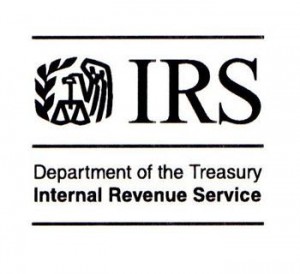 The IRS has issued a reminder that governmental plan sponsors who apply for IRS determination letters covering the qualified status of their plans can’t rely on a favorable letter for whether:
The IRS has issued a reminder that governmental plan sponsors who apply for IRS determination letters covering the qualified status of their plans can’t rely on a favorable letter for whether:
- contributions made to the plan are the employer’s “pick-up contributions” (i.e., pretax employee contributions under section 414(h)(2) of the Internal Revenue Code), or
- the plan has a qualified governmental excess benefit arrangement (i.e., a separate trust that provides only a participant’s annual benefit in excess of the limits under Internal Revenue Code section 415).

 The
The  Highlights of
Highlights of 

 Judge Steven W. Rhodes of the U.S. Bankruptcy Court for the Eastern District of Michigan had now issued an opinion stating that the bankruptcy proceedings for the City of Detroit can go forward.
Judge Steven W. Rhodes of the U.S. Bankruptcy Court for the Eastern District of Michigan had now issued an opinion stating that the bankruptcy proceedings for the City of Detroit can go forward.  In the wake of negative publicity about individuals and small businesses losing their existing health insurance due to the Affordable Care Act,
In the wake of negative publicity about individuals and small businesses losing their existing health insurance due to the Affordable Care Act,